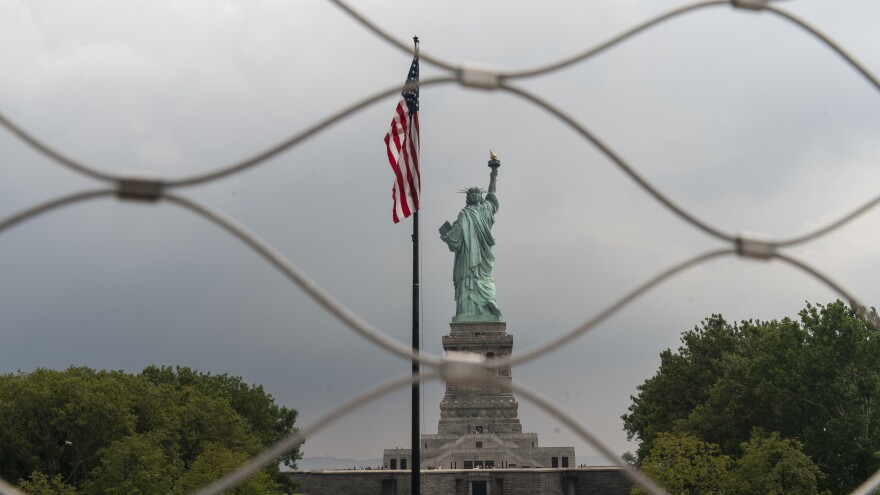While it's still unknown when musicians and touring artists will again be able to perform in venues, those based abroad and hoping to tour the U.S. will face increased costs to do so legally.
U.S. Citizenship and Immigration Services, or USCIS, part of the Department of Homeland Security, announced the change in the Federal Register on Thursday, just ahead of the Labor Day holiday weekend. It mandates that fees to obtain O and P visas, which cover individual artists and groups, respectively, and allow them to work for a period of time in the U.S., will be increased by around 50%.
An O visa, which applies to "Individuals with Extraordinary Ability or Achievement," will increase in price from $460 to $705, a 53% increase, while the P visa, which generally applies to groups or "culturally unique" artists, will increase from $460 to $695, a 51% increase.
The agency explained that it "conducted a comprehensive biennial fee review and determined that current fees do not recover the full cost of providing adjudication and naturalization services." It went on to say that the new rule stems from projections showing "that USCIS would receive $1.1 billion less in non-premium revenue in the second half of the fiscal year [2020] than previously forecast. USCIS cannot absorb that large of a revenue loss and have enough funding to sustain operations at the same level as prior to the pandemic."
"The bigger problem," said Matthew Covey, an immigration attorney with the nonprofit Tamizdat, "is that [Immigration and Naturalization] and later USCIS adjudication of the O and P regulations has become so arbitrary and onerous, that most arts institutions have been forced to hire attorneys to manage the process for them. As such, presenting performing artists in the U.S. now comes with massive legal costs which are — in our opinion — a catastrophic financial impediment to cultural exchange."
In 2017, the Department of Homeland Security began more stringent enforcement of a common "workaround" used by artists, the Visa Waiver Program, or ESTA, which allowed individuals and groups into the country as nonworking tourists. The program was commonly used by emerging artists to perform at nonpaid industry events, such as most concerts that take place during South by Southwest.
However, a performance, whether paid or unpaid, is classified as work by USCIS. This renewed enforcement, at a time of wider shifts in immigration policy, resulted in several music groups being deported or denied entry.
Copyright 2021 NPR. To see more, visit https://www.npr.org.





